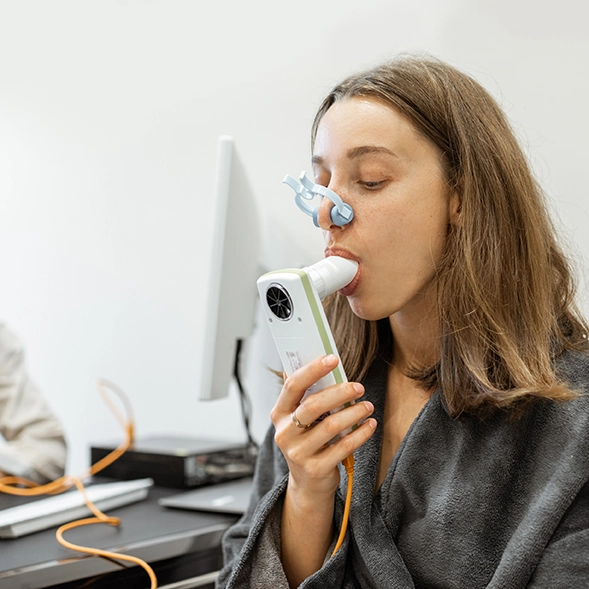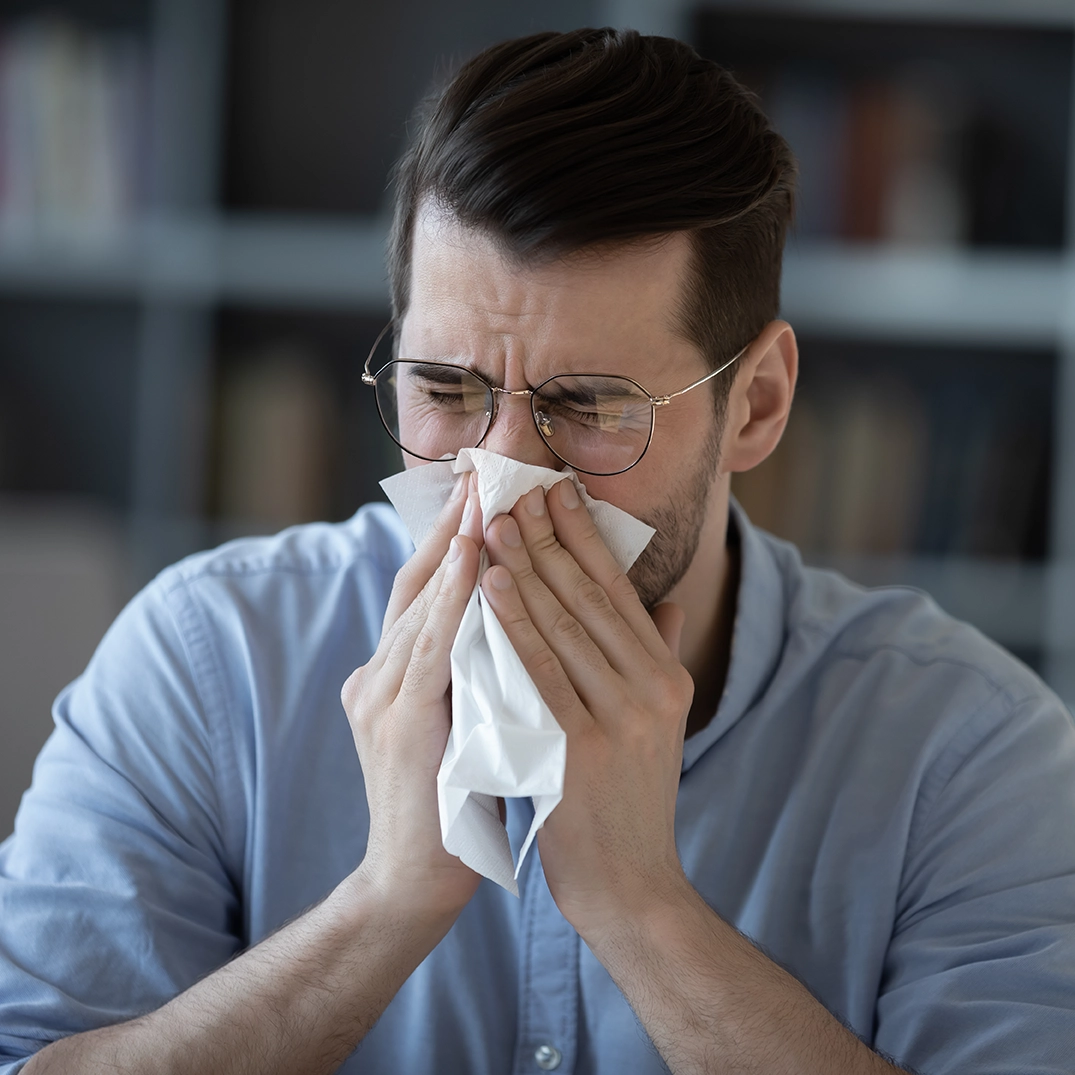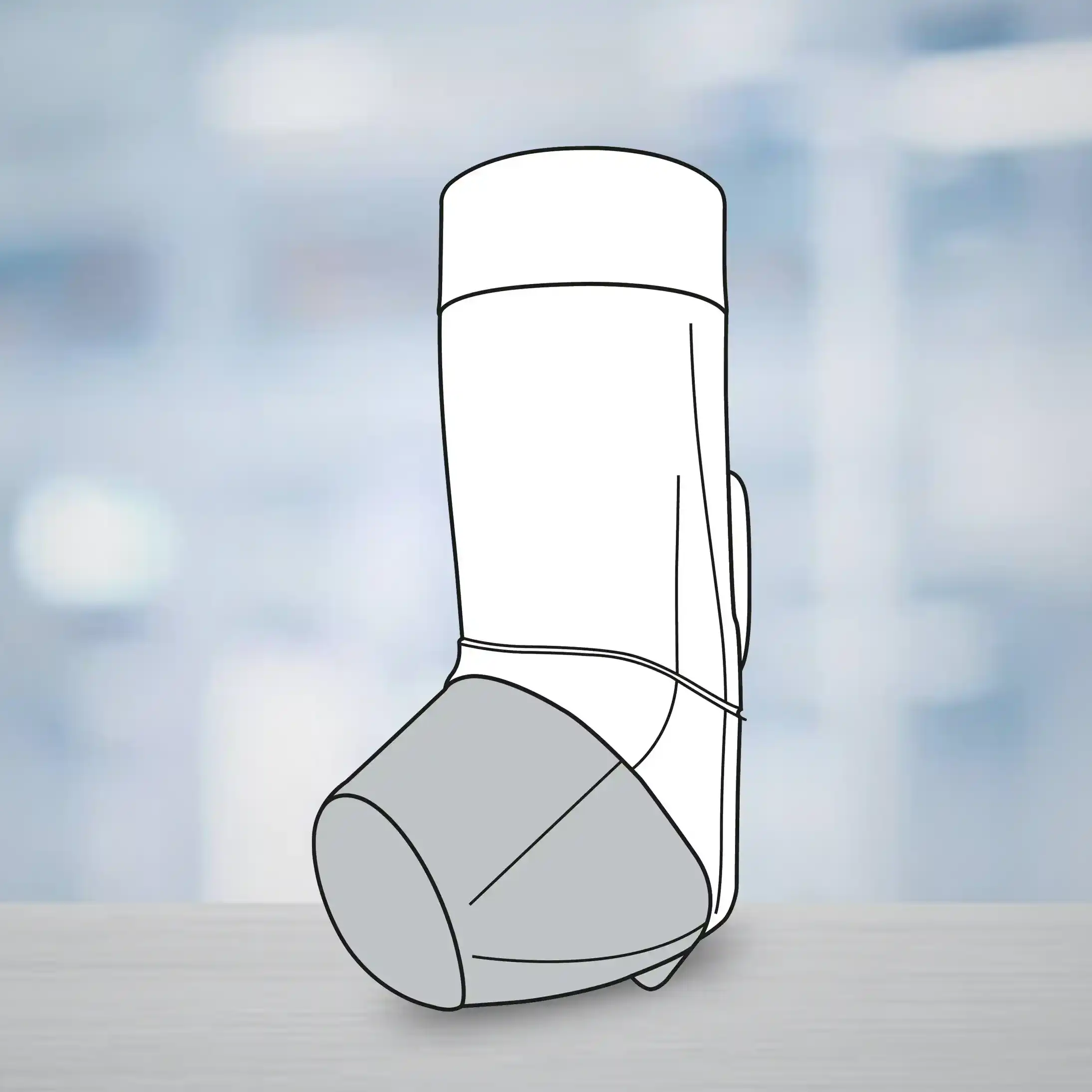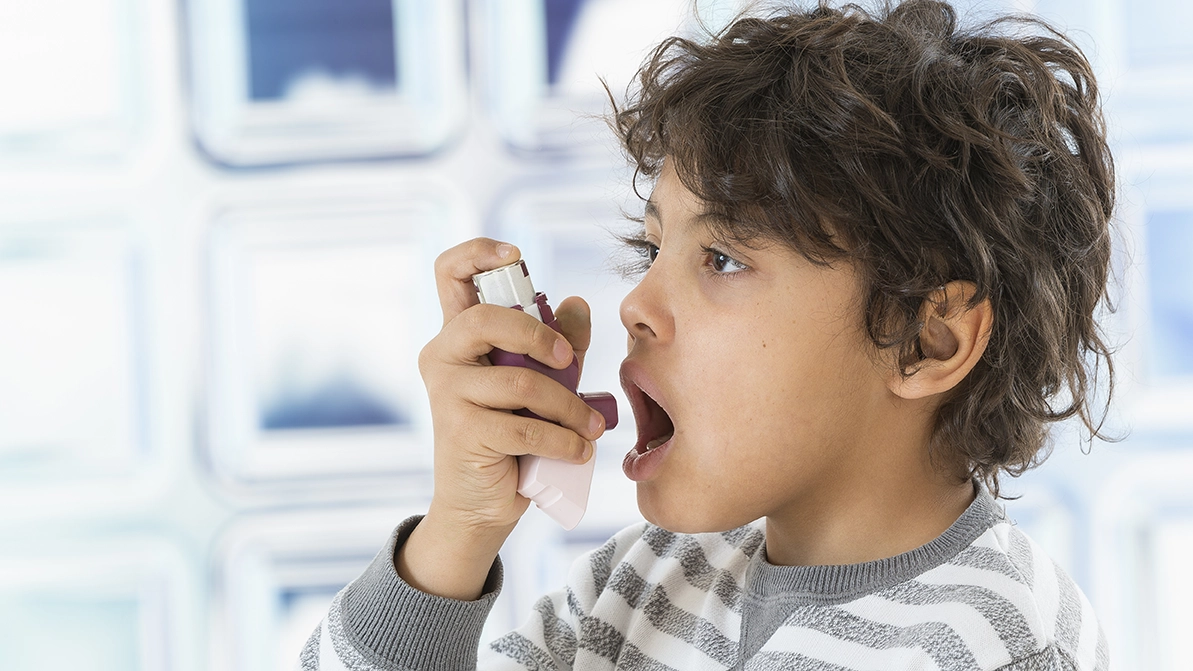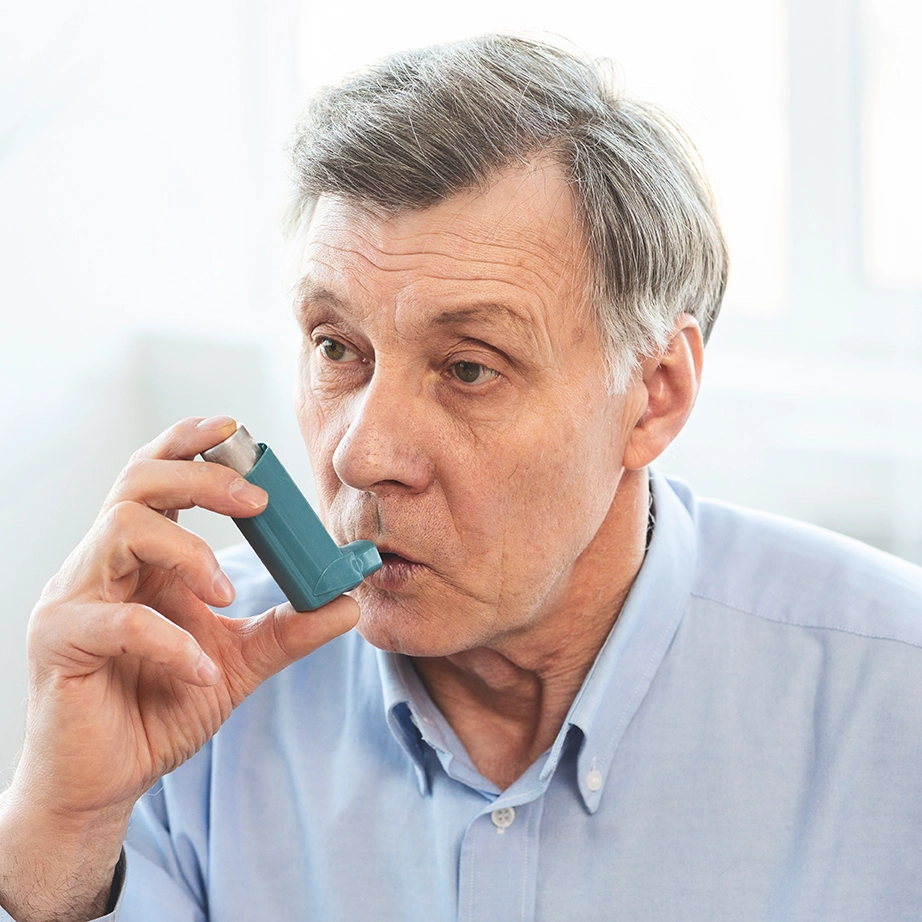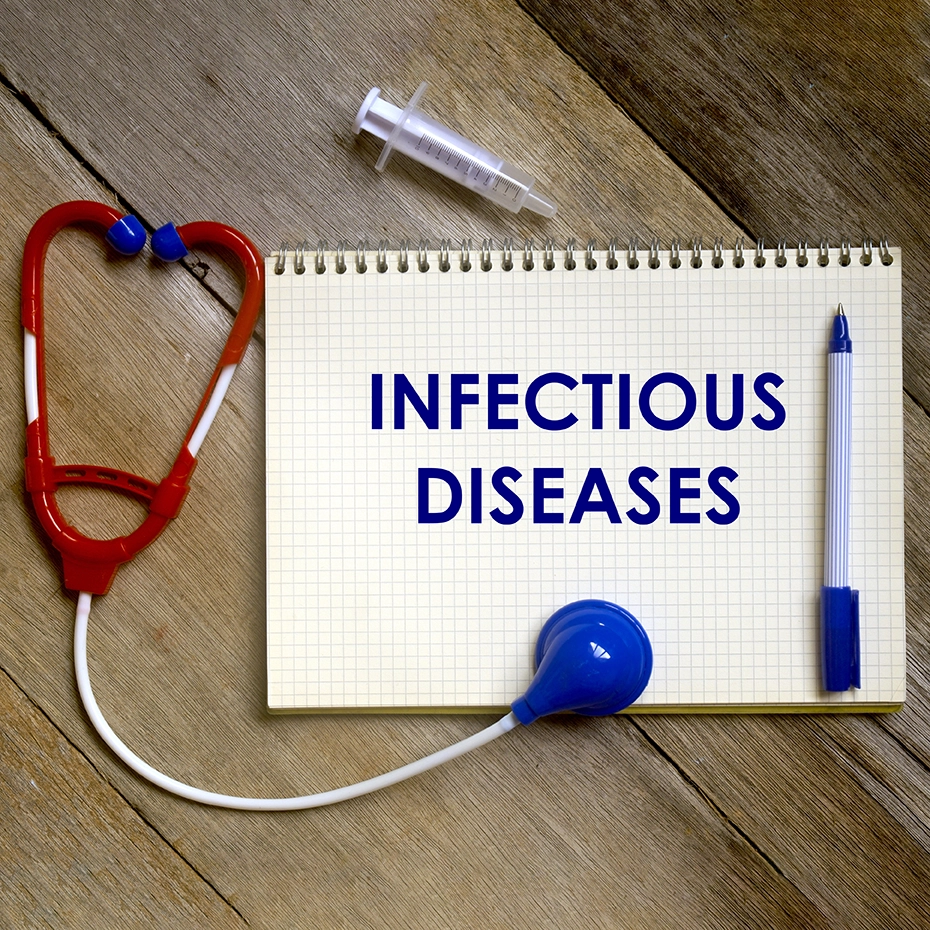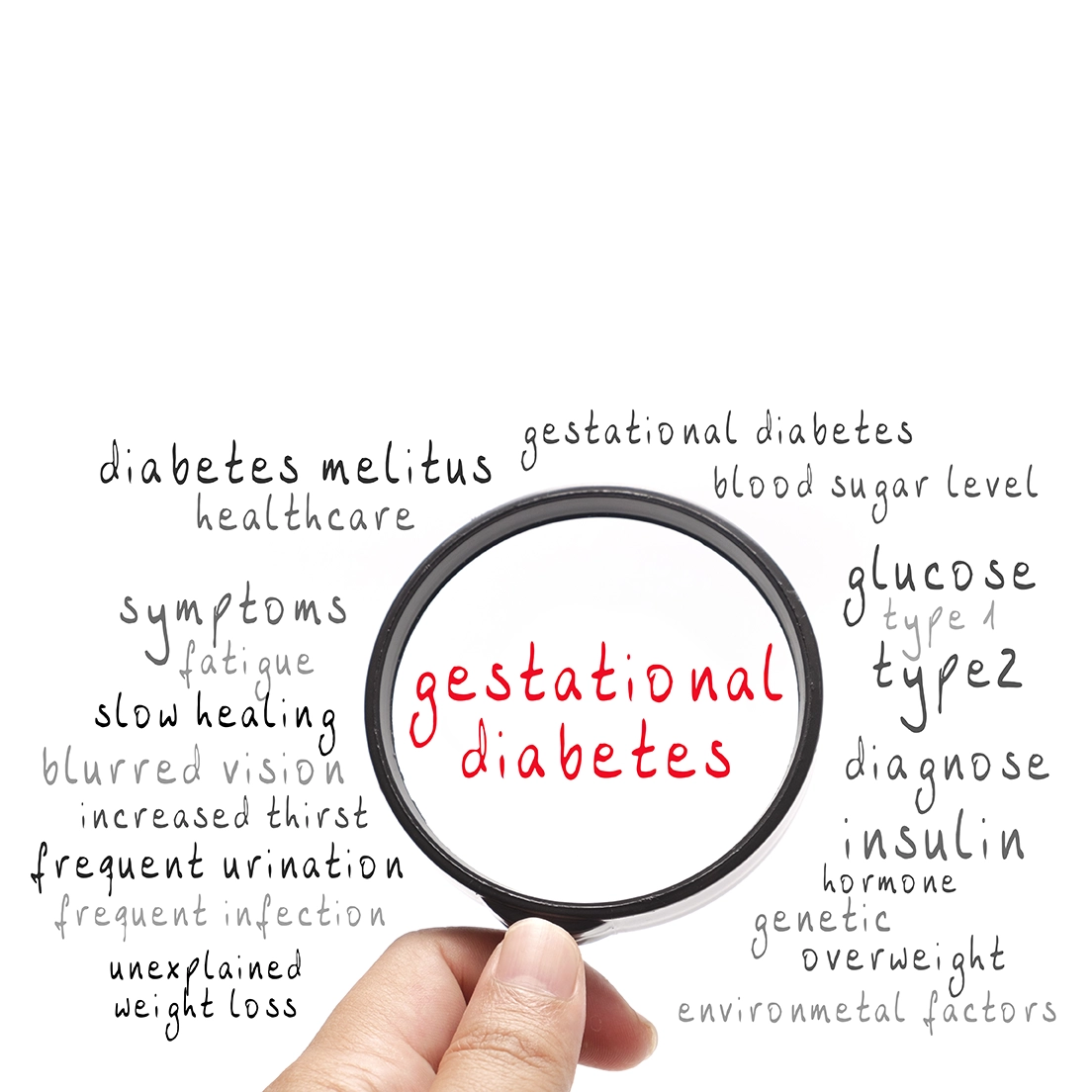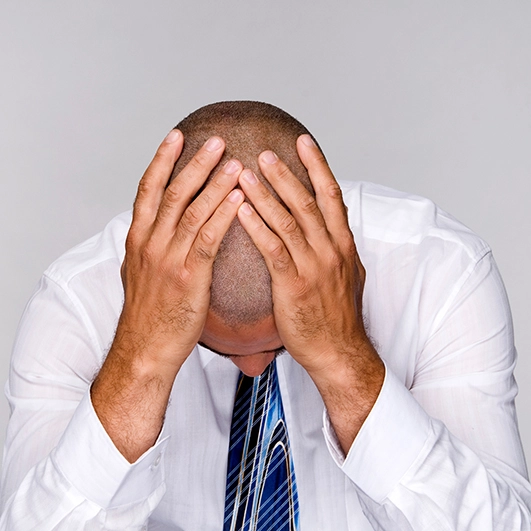Know Your Acne
All of us have glands that produce oil to keep our skin from becoming dry and flaky. However, sometimes, our oil glands overproduce! This is what commonly causes acne.
Oil is a natural lubricant that protects the skin. Acne is caused when changes in one's hormonal levels cause the oil glands to produce excess amount of oil. The opening of the hair follicles gets blocked when dead skin cells mix with the extra oil, thus inciting the multiplication of bacteria that resides in the skin. The skin gets irritated by these bacteria and ends up inflaming the surrounding tissues. This gives rise to bumps on the surface of the skin in the form of whiteheads, blackheads and pimples.
Quite obviously, more the number of oil glands, more the chances of overproduction and more acne! Therefore, acne is usually found in areas such as the forehead, the face, the chest and the back. Your forehead itself consists of more than 20,000 oil glands, so you can well imagine the number in the rest of the acne-prone areas!
The common belief is that only teenagers get acne! If you are one of the common believers, hold on! Acne can appear in adults and children alike, so a proper skin care regimen is always helpful.
Acne is treated by a dermatologist, a doctor who treats diseases of the skin, hair and nails.
The exact cause of acne is unknown, but experts believe it results from several factors. One of the major causes is the rise in the levels of a hormone called androgen, higher levels of which are usually found in adolescents.
There are certain other factors that may not directly cause acne but may worsen it:
- Heredity: Researchers/Scientists believe that the tendency to develop acne can be inherited.
- Hormones: Hormonol changes during adolescent age, menstrual cycle, pregnancy or while starting or stopping birth control pills may cause acne.

- Cosmetics: Greasy cosmetics, which result in pore blockage, may also cause acne.
- Environmental irritants: Pollution and high humidity can worsen one's acne.
- Drugs: Certain types of medicines may cause or worsen acne, e.g. anabolic steroids (sometimes used illegally by athletes to "bulk up"), some anti-epileptic drugs, the anti-tuberculosis drugs such as isoniazid and rifampin, others like lithium, and iodine-containing drugs.
An integral component of the prevention and treatment of acne is discussion of the facts and expulsion of the myths.
Myth: The More You Wash Your Face, The Fewer Breakouts You Will Have.
Fact: Washing the face regularly will help remove dead skin cells, excess oil and dirt from your skin's surface. But too much cleansing or washing too vigorously can lead to dryness and irritation, which only makes acne worse. The best skin care strategy would be to gently wash your face no more than twice a day with a mild soap or cleanser. After washing, gently pat your skin dry with a soft towel.
Myth: Acne is Just a Cosmetic Condition.
Fact: Just like beauty is not skin-deep, acne, though a cosmetic condition, affects the individual's personality and the way he/she interacts with their environment. Many a times, it is known to be a cause of severe depression, which can leave permanent emotional scars along with the physical ones. Therefore, the sooner one stops saying "Oh! It's just acne, it'll pass", the better it is. Get the proper treatment and maintain a disciplined skin care regimen, irrespective of the varied viewpoints from family and friends.
Myth: Eating Chocolates, Oily Foods and Junk Food Gives You Acne.
Fact: Extensive scientific studies have not found a connection between diet and acne. In other words, food does not cause acne. Nonetheless, some people insist that certain foods affect their acne. If you feel the same way too, it's best to avoid such foods. However, it is always advisable to maintain a balanced diet and avoid junk food to keep your body clean of toxins. Remember, healthy on the inside translates into healthy on the outside.
Myth: Acne is a Teen Phenomenon.
Fact: People often believe that acne is a common phenomenon during the teenage years and eventually the sufferer will grow out of it! Wrong Prediction! Waiting for the acne to automatically disappear will only worsen the condition and result in scarring. The effects are not only physical but also emotional - mainly, the loss of self-esteem and confidence due to extreme peer pressure to look good.
Moreover, adults with acne issues often feel embarrassed to seek medical advice due to the above myth. They feel that there's something wrong with them to be suffering from acne at their age. The fact is that this kind of a skin predicament can arise at any age and the wise thing to do is to seek professional advice on the right kind of treatment for one's condition.
Myth: You Can't Use Makeup if You Have a Breakout.
Fact: Some makeup can definitely exacerbate acne, particularly, thick liquid foundations that can clog pores.
As long as the products used are labelled non-comedogenic or non-acnegenic they won't cause breakouts. If you've had moderate-to-severe acne, talk to your doctor or dermatologist about the best cosmetics to use – he or she may recommend avoiding cosmetics altogether or only using certain brands so that your acne isn't aggravated.
Myth: Tanning Clears Up Acne.
Fact: Even though a tan may temporarily cover the redness of the acne, there's no evidence that having tanned skin helps to clear up acne. The sun can make the skin dry and irritated, leading to more breakouts in the future. The sun's rays can cause premature aging and skin cancer. Always protect your skin by choosing a sunscreen of at least SPF (sun protection factor) 15 and labelled non-comedogenic or non-acnegenic, which means it won't clog your pores and worsen the acne.
Myth: Popping Pimples Will Help Them Go Away Faster.
Fact: Popping a pimple may make it seem less noticeable temporarily, but popping can cause it to stay around longer. By squeezing pimples, you can actually push bacteria, dead skin cells and oil further into the skin, causing more swelling and redness. Sometimes, the resulting marks can last for many months and true scars (dents and pits) will last forever.
Myth: Stress Causes Acne.
Fact: Stress is not a direct cause of acne; however, this claim has its roots in reality! While a stressful environment does not directly translate into a permanent acne condition, high levels of stress can result in flare-ups. When the body encounters stress, it steps up the production of cortisol, which causes the oil glands to produce more oil. An individual's response to stress varies, making it difficult for experts to predict or gauge the exact effects of stress on the skin. In a lot of cases, breakouts could be triggered by "good" stress or excitement as well; so, the best thing to do is deal with stress by taking out time to relax and giving yourself that little bit of space every day.
Myth: Application of Greasy Cosmetics May Give Rise to Acne.
Fact: Good quality cosmetics are most often non-comedogenic, meaning; they don't clog your pores. Always remember to shop for make-up that is non-comedogenic, oil-free (water-based) and hypoallergenic (no added fragrance). However, aggressive exercising may lead to the makeup migrating from across the outer layers of your skin into the deep pores; so, avoid heavy cosmetics even if they are of good quality while working out.
Myth: Sweating Cleans Out Your Pores.
Fact: While regular exercising and keeping fit is a vital part of having a healthy lifestyle, a vigorous or heavy work-out regimen could lead to break-outs for some people. This is because exercising leads to increased oil production, which, when combined with heat, perspiration and friction, tends to aggravate acne on the forehead, chest and back.
To minimize this irritation, try and wear loose cotton clothing during the workout. Try and shower immediately after your workout. Better still, instead of sweating out in the gym, get the required exercise in the swimming pool! Not only is swimming equally strenuous but also gives you the necessary workout without the friction, heat and perspiration.
Myth: Scrubbing and Toning the Skin Stops Acne.
Fact: Excessive washing will not make acne go away! Harsh over-the-counter exfoliating scrubs eventually lead to tearing of the skin, thereby increasing the chances of infection and breakouts. Even toners, especially alcohol-based ones, strip your skin of essential oils and leave your skin dry and irritated. So, the wise thing to do is to use a gentle alternative such as a cleanser, which will leave your skin feeling fresh and clean
Myth: Spot Treatment Works.
Fact: For more than 30 years, over-the-counter products have been making the claim that a dab of medicine directly on the pimple will clear up acne. Even if this were true, since pimples take 2 to 3 weeks to develop, you're treating an old symptom of the problem rather than the problem itself. The best way to treat acne is to stop the blemishes from developing in the first place - which means treating the whole face or area every day, even when you don't have pimples.
- Wash your face not more than twice a day with warm water and a mild soap or cleanser. Excess washing and scrubbing may cause more inflammation and will worsen the acne.
- Wash your face after heavy exercise.
- Use skin products labelled "oil-free" or "non-comedogenic". Because, oil can clog pores and lead to breakouts.
- People with long hair should wash their hair regularly and keep it away from the face because the dirt and oil can clog the pores and cause acne.
- After applying the cleanser, when washing it off, use your fingertips to remove it. This reduces skin irritation.
- If you use hair sprays or gels, try to keep them away from your face because they can clog your pores.
- Have a healthy, balanced diet.
- Drink at least 8 glasses of water a day to keep the skin hydrated.
- Exercise regularly.
- Remove your makeup before you go to sleep.
- Don't pick, squeeze or pop pimples. This can irritate the skin and make the acne worse, also prolong healing time and increase the risk of scarring.
- Don't scrub your face. Scrubbing irritates the skin and makes the acne worse.
- Don't use abrasive cleansers, cleansing granules or astringents.
- Don't tan. Tanning can worsen the acne and also cause damage to the skin, leading to premature aging. Many acne medications make the skin burn faster.

.svg?iar=0&updated=20230109065058&hash=B8F025B8AA9A24E727DBB30EAED272C8)

